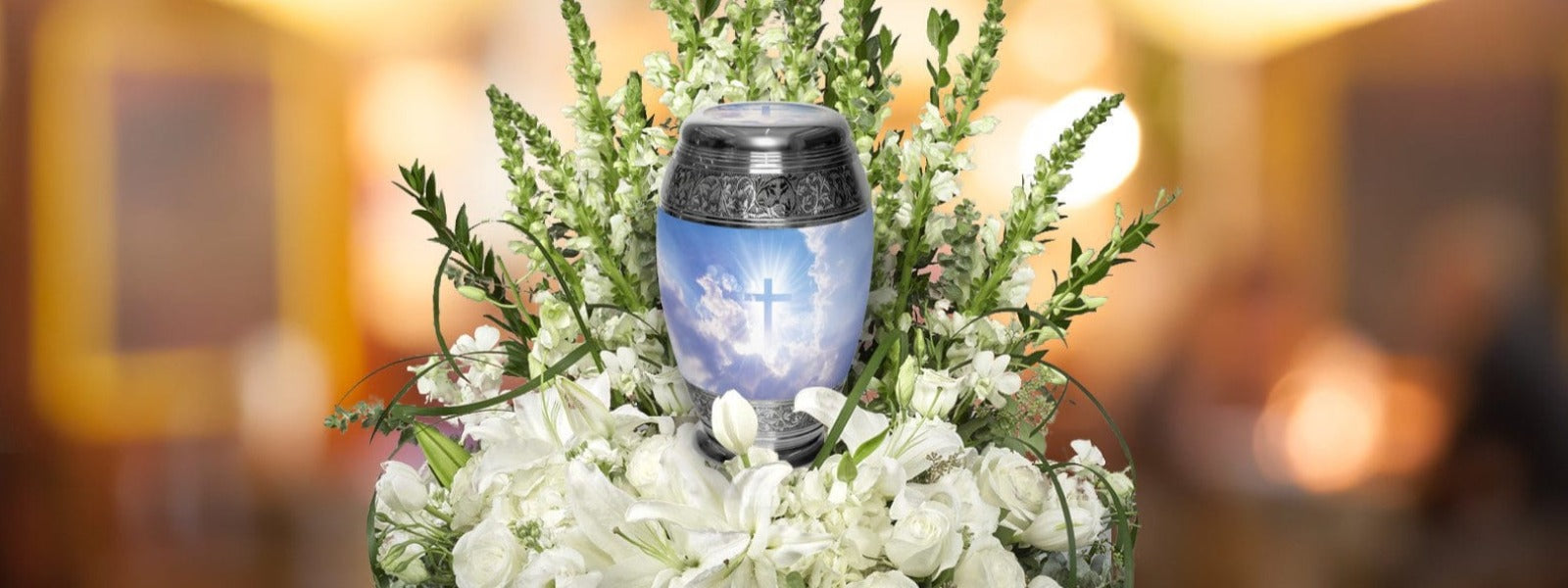You don't strictly "need" an urn in the sense that cremation can proceed and the remains returned to you without one. However, an urn serves several practical and symbolic purposes. Here's what to consider:
1. Receiving the Remains: If you don't provide or purchase an urn, crematories typically return the cremated remains in a temporary container, often made of plastic, cardboard, or a basic metal box.
2. Storage: An urn can provide a more durable and aesthetically pleasing container if you wish to keep the remains at home or in another special location.
3. Burial or Interment: If you choose to bury the cremated remains in a cemetery or place them in a columbarium, many cemeteries have regulations about the type of container used. An urn is often required or at least recommended for these purposes.
4. Scattering: If you plan to scatter the ashes, you may not need a permanent urn. However, specialized urns designed for scattering can make the process easier and more meaningful.
5. Symbolism and Sentiment: For many people, an urn serves as a tangible reminder of their loved one. The process of choosing an urn can be therapeutic, and the urn itself can become a cherished memorial item.
6. Variety: Urns come in a wide range of materials, styles, and prices. From simple wooden boxes to intricately designed ceramic, metal, or even biodegradable urns, there's likely an urn to match any preference or budget.
7. Size: It's also important to note that urns come in various sizes. While standard-sized urns are designed to hold the remains of an average adult, keepsake urns (smaller in size) are available for holding a portion of the remains, and larger urns might be necessary for individuals with larger body frames.
8. Sharing the Remains: Some families choose to divide the cremated remains among several smaller, keepsake urns so that multiple family members can have a portion of the remains.
Ultimately, the decision to use an urn is deeply personal. It depends on your plans for the cremated remains, your aesthetic preferences, budget, and any cultural or religious considerations. Whether you choose a simple container or an ornate urn, what's most important is that it feels right for you and honors the memory of your loved one in a meaningful way.






Leave a comment (all fields required)